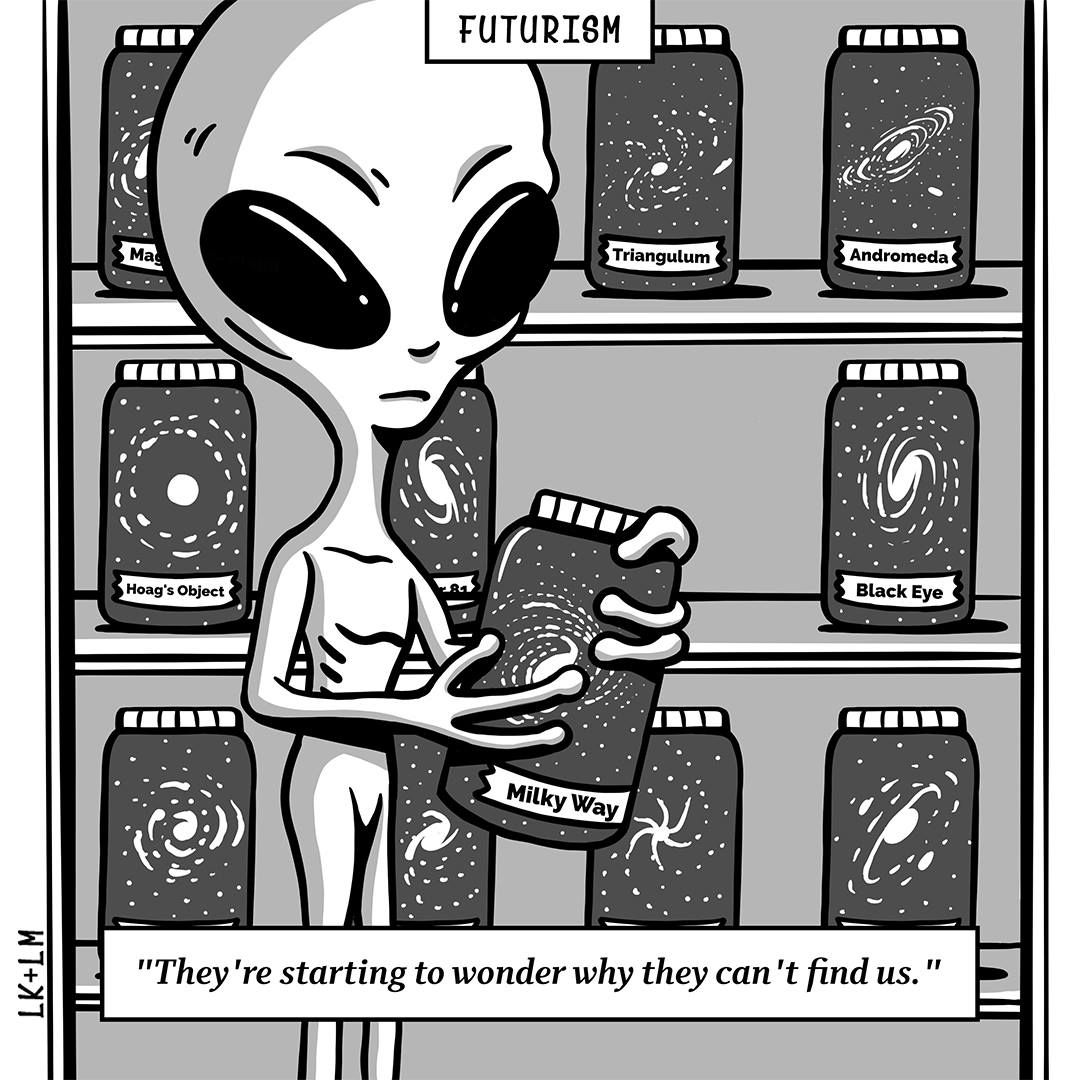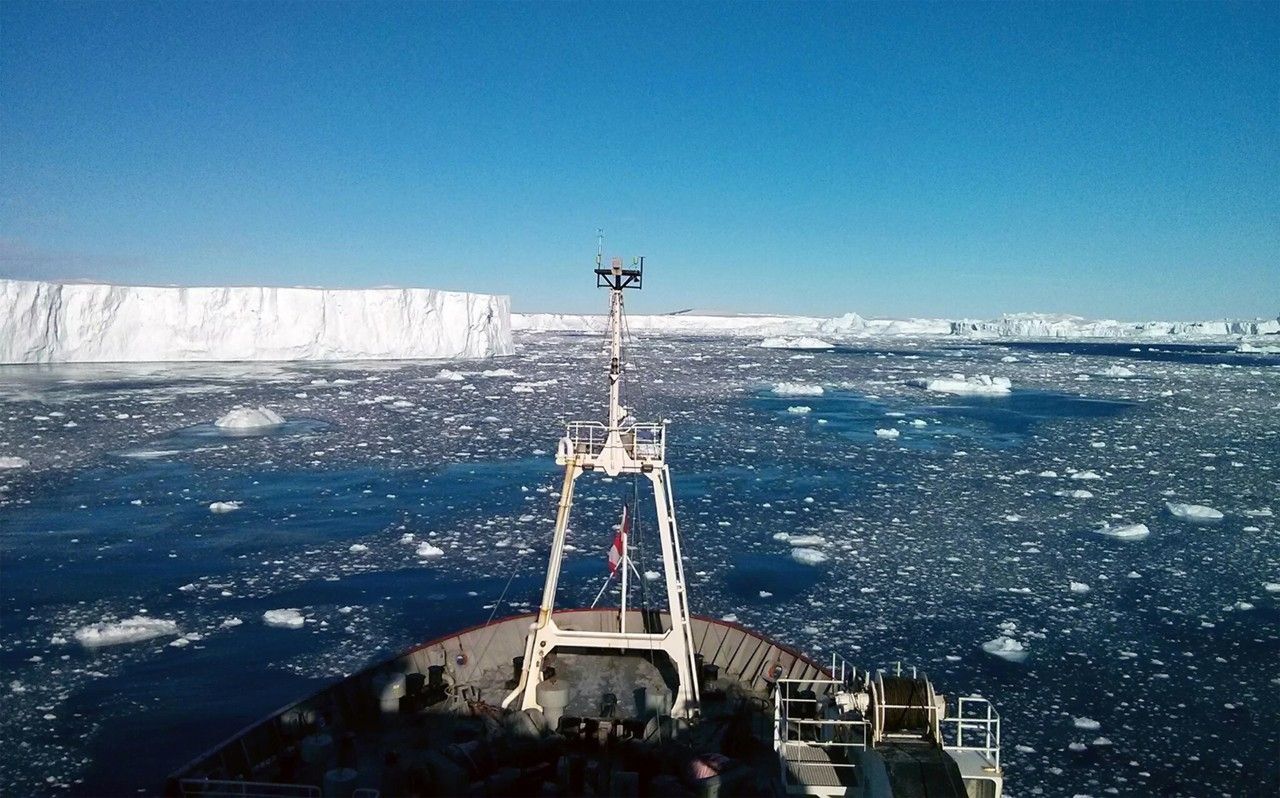What if the world is genuinely shaping to be transformed to Jacque Fresco’s ideal world? — vision of global Resource Based Economy?! The idealistic.



Research to calculate amount of ‘space grease’ in the Milky Way found enough for 40 trillion trillion trillion packs of butter.
Hannah Devlin Science correspondent.


Researchers have made a shocking discovery under the Pine Island Glacier in Antarctica — an active volcanic heat source, which they say has played a “critical role” in the movement and melting of the glacier.
The scientists were looking at the role the ocean plays in causing glaciers to weaken when the discovery was made.
“We were looking to better understand the role of the ocean in melting the ice shelf,” Assistant Professor Brice Loose of Newport, R.I., a chemical oceanographer and lead author of the paper, said in a statement.

In the longer term, our descendants may face even more existential decisions (provided the machines allow them to make them). How might they organise society in a world in which few people can do anything that is obviously economically productive? The world might become techno-feudal, with an owning elite hiring great numbers of cheap human servants not for their value, but for the pleasure of domination. People might instead share the abundance more equally, with all enjoying the civilised leisure that was once the province of the very few. Ours is the first civilisation to view work as the highest calling. Maybe that strange prejudice will need to be discarded.
How do you organise a society in which few people do anything economically productive?


While cholera rages across many regions of the world, a team of microbiologists and plant scientists has pinpointed a genetic weakness in the pandemic’s armor, which could lead to future treatments.
The current cholera pandemic began in Indonesia in 1961. Rather than fade away like its six previous worldwide outbreak predecessors, the responsible strain is thriving and actually picking up steam. A discovery, led by scientists from Michigan State University and Tufts University and featured in the current issue of PNAS, shows the key genetic change the seventh pandemic acquired to thrive for more than 50 years.
The interdisciplinary team of scientists reveal the first ever signaling network for a new bacterial signal, cyclic GMP-AMP (cGAMP), in the human cholera pathogen. The team also identified the first protein receptor of cGAMP as a phospholipase enzyme that remodels the V. cholerae membrane when cGAMP is produced.
Researchers at the University of Cambridge have solved one of the world’s most annoying problems: how to stop the sound of a dripping tap.
The FIFA World Cup 2018 mascot goes along for the ride, too.
